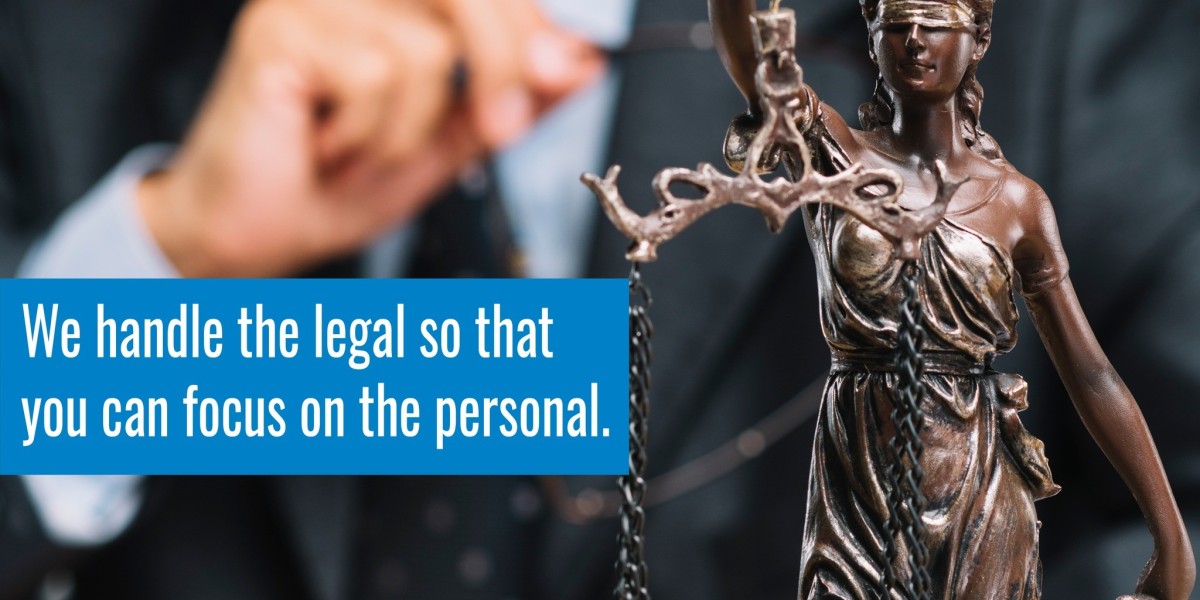Uncontested divorces, where both spouses mutually agree on all aspects of their divorce, are often perceived as simpler and more amicable than contested divorces. In many cases, couples choose to use uncontested divorce forms to streamline the process. However, the question of whether legal representation is necessary in an uncontested divorce remains a critical consideration. This article explores the role of a lawyer in an uncontested divorce and helps you determine whether legal representation is essential for your situation.
The Basics of Uncontested Divorce
An uncontested divorce forms virginia is a divorce in which both spouses agree on all key aspects, including child custody and visitation, property division, alimony, and other relevant matters. Instead of going through a contentious court battle, couples can opt for a more amicable resolution, potentially saving time, money, and emotional stress. Uncontested divorce forms are often used to formalize this agreement and ensure that it meets legal requirements.
The Role of a Lawyer in an Uncontested Divorce
Legal Guidance:
While uncontested divorces may appear straightforward, they still involve complex legal processes. An experienced family law attorney can provide valuable guidance on navigating the legal system, ensuring all necessary paperwork is completed correctly, and advising you on your rights and responsibilities.
Review of Agreements:
Even in uncontested divorce forms in Virginia, it's crucial to have a lawyer review your agreements to ensure they comply with state laws and are in your best interest. This can help prevent potential issues from arising in the future.
Child Custody and Support Matters:
If your uncontested divorce involves child custody, visitation, or child support arrangements, legal counsel can ensure that these agreements are fair and in the child's best interests, helping to avoid disputes later on.
Property Division:
Property division can be a complex aspect of divorce, even in uncontested cases. An attorney can help you understand your rights, assist in determining fair division, and provide guidance on potential tax implications.
Alimony and Spousal Support:
When spousal support or alimony is involved, a lawyer can help you navigate the legal guidelines and ensure that agreements are fair and equitable.
Court Filings:
An attorney can handle the preparation and filing of the necessary legal documents, ensuring that they are correctly completed and submitted to the court in a timely manner.
Mediation and Negotiation:
If disagreements or disputes arise during the uncontested divorce process, a lawyer can act as a mediator or negotiator to help both parties reach a resolution amicably.
Is Legal Representation Necessary in an Uncontested Divorce?
While uncontested divorces can be less adversarial, legal representation is not always mandatory. However, it is highly advisable, especially in cases involving complex issues, significant assets, or child custody matters. An attorney can help you navigate the legal process and ensure that your rights and interests are protected. In some instances, couples choose to share one attorney, which is known as "unbundled" or "limited scope" representation, to save on legal fees.
In conclusion, the role of a lawyer in an uncontested divorce forms virginia can vary depending on the specifics of your situation. While legal representation may not be mandatory, it can provide peace of mind and legal expertise to ensure a smooth and fair divorce process. Consulting with an attorney is an essential first step to determine whether legal representation is necessary in your uncontested divorce.








